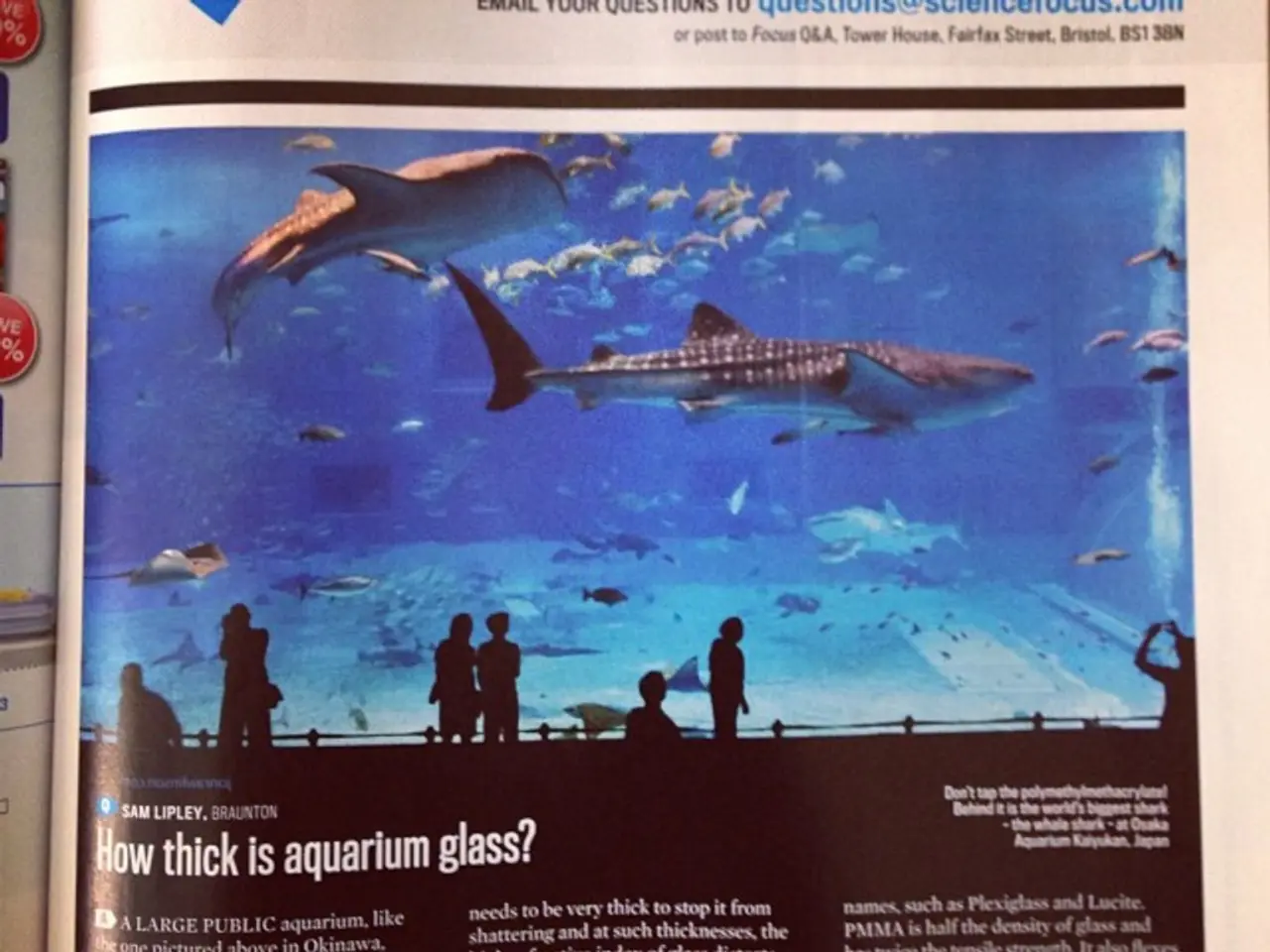Inevitable omission of iGaming discussion in Marcos' speech perceived as calculated strategy
Philippine President Remains Silent on Online Gambling Regulation
In his fourth State of the Nation Address (SONA) delivered on the fourth Monday of July, Philippine President Ferdinand Marcos Jr. did not address the expanding online gambling sector, leaving lawmakers and industry analysts in anticipation of the administration's stance regarding stricter regulation or a potential ban on digital gambling activities.
Last year, Marcos announced a ban on Philippine Offshore Gaming Operators (POGOs) in his SONA, citing serious abuses and ties to organized crime, including money laundering, human trafficking, and murder. However, this year, he omitted any mention of new restrictions on the fast-growing local online gaming sector.
Prior to the SONA, President Marcos acknowledged the societal harms of online gambling and expressed openness to taxation and regulation measures to protect families. His silence on the issue in the SONA was interpreted by experts as a deliberate decision to avoid rushing into complex policy decisions without sufficient data and thorough study.
The responsibility for next steps on online gambling regulation now largely lies with Congress and regulatory agencies such as PAGCOR. Meanwhile, legislators continue to push for a nationwide ban, citing social harms. However, no executive action similar to the 2024 POGO ban has been made as of the 2025 address.
The absence of online gambling from his speech was perceived by some as a potential endorsement of the status quo by the president. Several senators continue to urge him to present a definitive strategy for addressing online gambling, which they view as a mounting social issue.
Finance Secretary Ralph Recto proposed fiscal reforms for the iGaming sector, including a 10% increase in gross gaming revenue tax and mandatory public listings for online gambling companies on the Philippine Stock Exchange. His proposals aim to promote transparency and regulatory oversight in the sector.
Concerns around addiction, criminal activity, and financial harm continue to drive the calls for action against the online gambling sector. Proposed legislation aims to curb the sector with measures such as more stringent age verification measures, restrictions on digital wallets, limitations on gambling-related sponsorships at public and political events, and a potential blanket ban on online gambling.
As the debate on online gambling regulation continues, President Marcos Jr. has emphasized the importance of data-driven regulatory and fiscal changes to ensure their effectiveness and fairness. He did not express opposition to tax increases or a potential online gambling ban, provided that such decisions are based on solid research.
- Given the President's silence on online gambling regulation in his recent SONA, lawmakers and industry analysts are anticipating the administration's stance, which could involve stricter regulations or a potential ban on digital gambling activities, particularly in the casino-and-gambling and online gaming sectors.
- Finance Secretary Ralph Recto, in an effort to promote transparency and regulatory oversight in the online gambling industry, has proposed fiscal reforms such as a 10% increase in gross gaming revenue tax and mandatory public listings for online gambling companies on the Philippine Stock Exchange, which aligns with the concerns around addiction, criminal activity, and financial harm in the finance and gambling-trends landscape.




